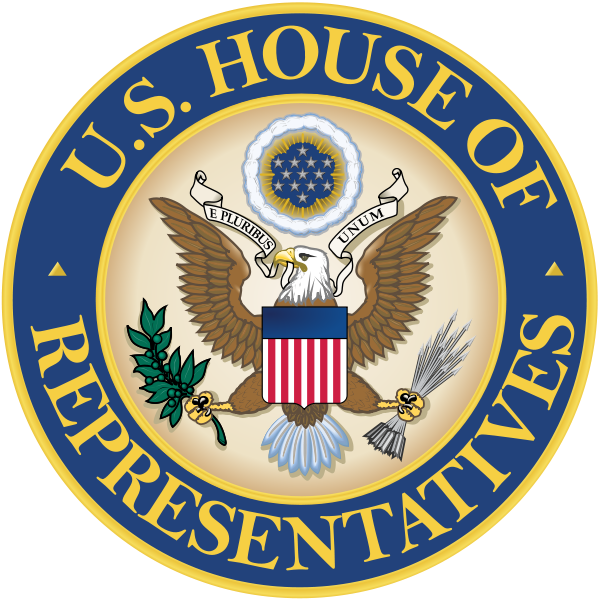House Republican Tax Reform Bill Eliminates Tax-Exempt PABs, Retains the Housing Credit Without Changes

House Republican leaders on November 2 released their tax reform bill, the Tax Cuts and Jobs Act, H.R. 1, in advance of a Committee mark-up scheduled to begin November 6 at 12:00 p.m. The bill eliminates tax-exempt private activity bonds (PABs), including both multifamily and single-family Housing Bonds, for bonds issued after 2017. In addition to eliminating tax-exempt PABs, the bill repeals the related Mortgage Credit Certificate (MCC) program.
While the bill maintains the Housing Credit, it includes no provisions to make up for the loss of annual Credit production that would result from the elimination of tax-exempt PABs, which would end all bond-financed 4 percent Credit activity. Nor does the bill compensate for the impact of the 20 percent corporate tax rate the bill establishes. Finally, the bill does not include any of the Housing Credit changes proposed in the Affordable Housing Credit Improvement Act, H.R. 1661.
Since the bill was released, NCSHA has been working closely with HFAs and other stakeholders to convince House Ways and Means Committee members and other House affordable housing supporters to weigh in with Committee Chairman Kevin Brady (R-TX) and Ranking Member Richard Neal (D-MA) about the devastating impact the elimination of tax-exempt private activity Housing Bonds would have on HFA single-family and multifamily affordable housing efforts.
As part of this process, NCSHA released a statement expressing our concerns about the bill. The ACTION Campaign, which NCSHA co-chairs, also released a statement about the impact of the bill on the Housing Credit, and the Municipal Bonds for America organization, of which NCSHA is a member, sent Congress a letter opposing the elimination of tax-exempt PABs.
The bill also:
- Modifies the mortgage interest deduction by limiting it to mortgage debt of up to $500,000 for new loans taken out after November 2, 2017 and eliminating it for second homes;
- Eliminates the deduction for state and local income and sales taxes;
- Caps the deduction for state and local property taxes at $10,000;
- Repeals the New Markets and Historic Preservation tax credits; and
- Terminates tax breaks for medical expenses, moving expenses, student loan interest, and adoption.
In addition to lowering the corporate tax rate to 20 percent from 35 percent, H.R. 1 adopts a "territorial" tax system that would exempt from federal taxation American firms’ foreign earnings. U.S. businesses will also be able to immediately deduct the full costs associated with purchasing new equipment and property in year one. This provision would apply to all property purchased after September 27, 2017. The bill also rescinds various tax provisions that are believed to provide firms with incentives to move operations to foreign countries.
For individual taxpayers, H.R. 1 reduces the amount of tax brackets from seven to four: 12 percent, 25 percent, 35 percent and 39.6 percent. The tax rate on income from limited-liability partnerships, also known as "pass-through" business, is lowered to 25 percent.
The bill also:
- Nearly doubles the standard deduction from $6,350 to $12,000 for individual filers and from $12,700 to $24,000 for couples filing jointly;
- Repeals the Alternative Minimum Tax;
- Phases out the Estate Tax over six years;
- Increases the Child Tax Credit from $1,000 to $1,600 per child; and
- Provides a credit of $300 for each parent and non-child dependent, which expires after three years.
The bill includes no changes to rules governing individual contributions to 401(k) retirement savings accounts, which tax-writers had recently said they were considering.
More details are available in the bill text, a factsheet, and a detailed summary of H.R. 1 released by the Ways and Means Committee.

